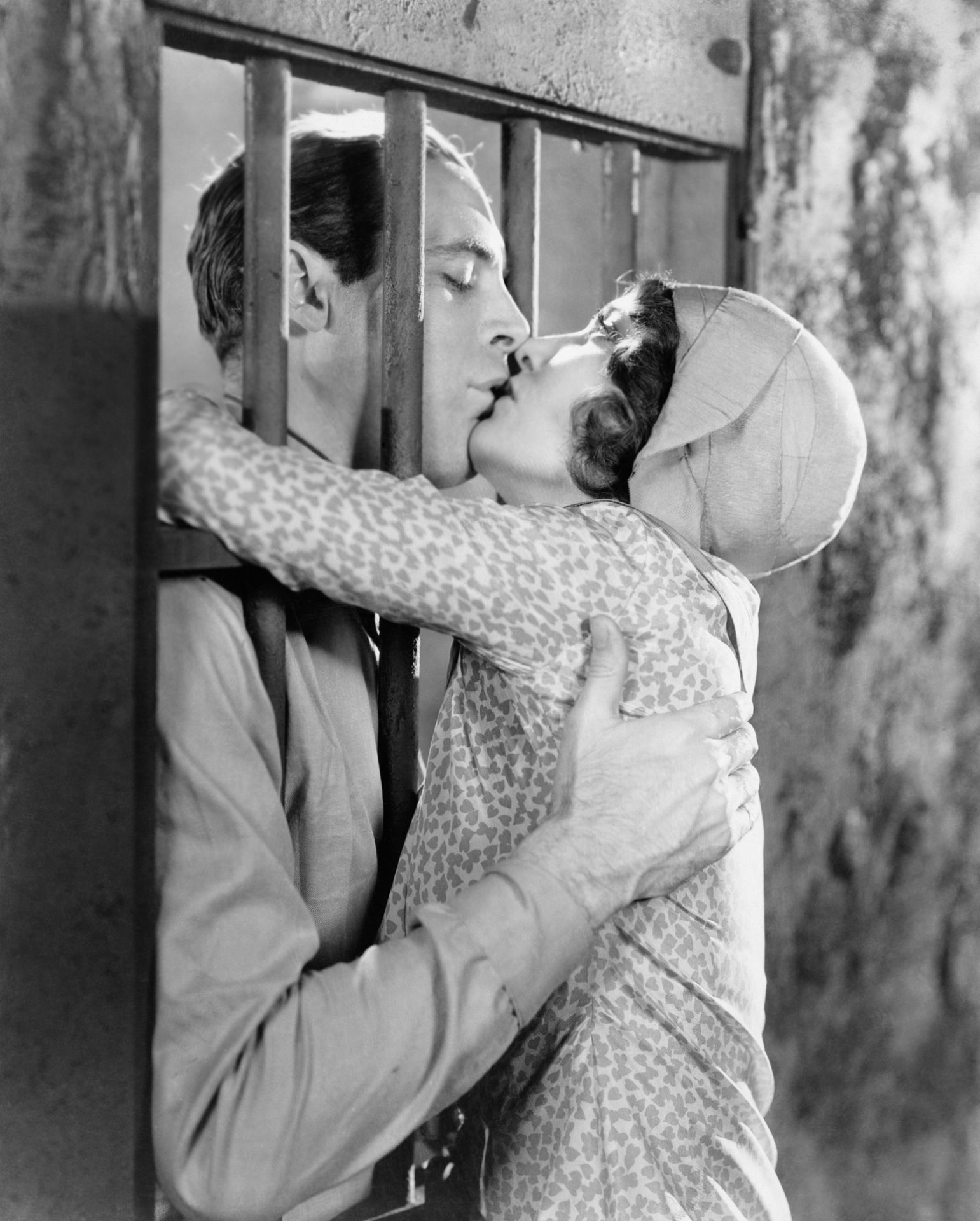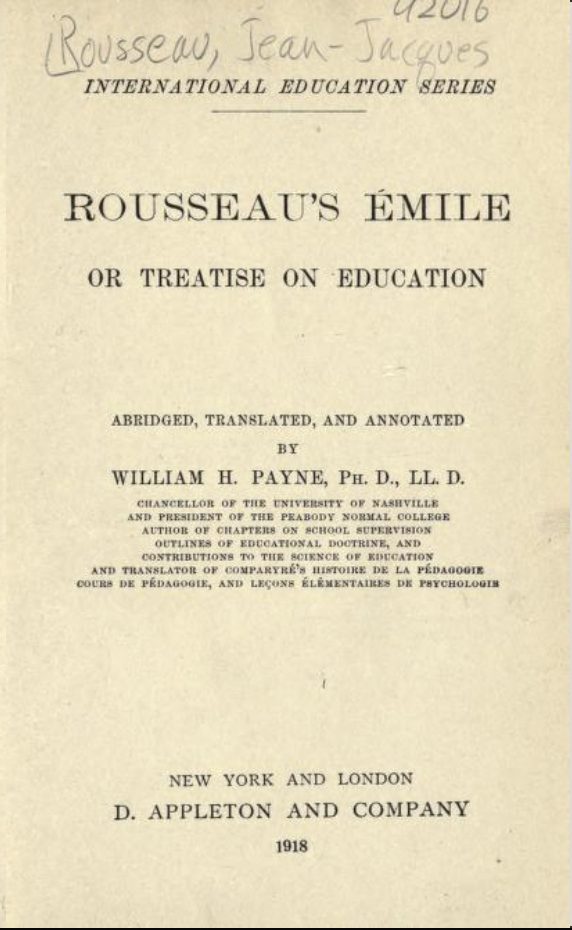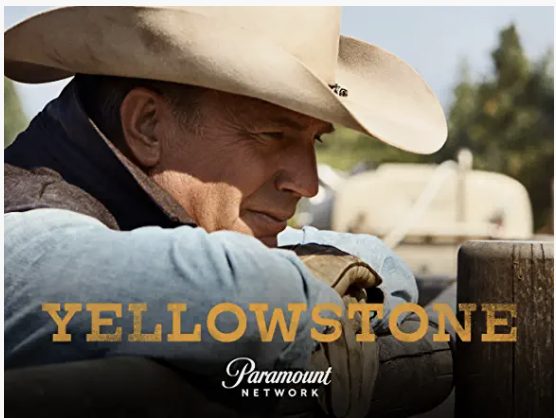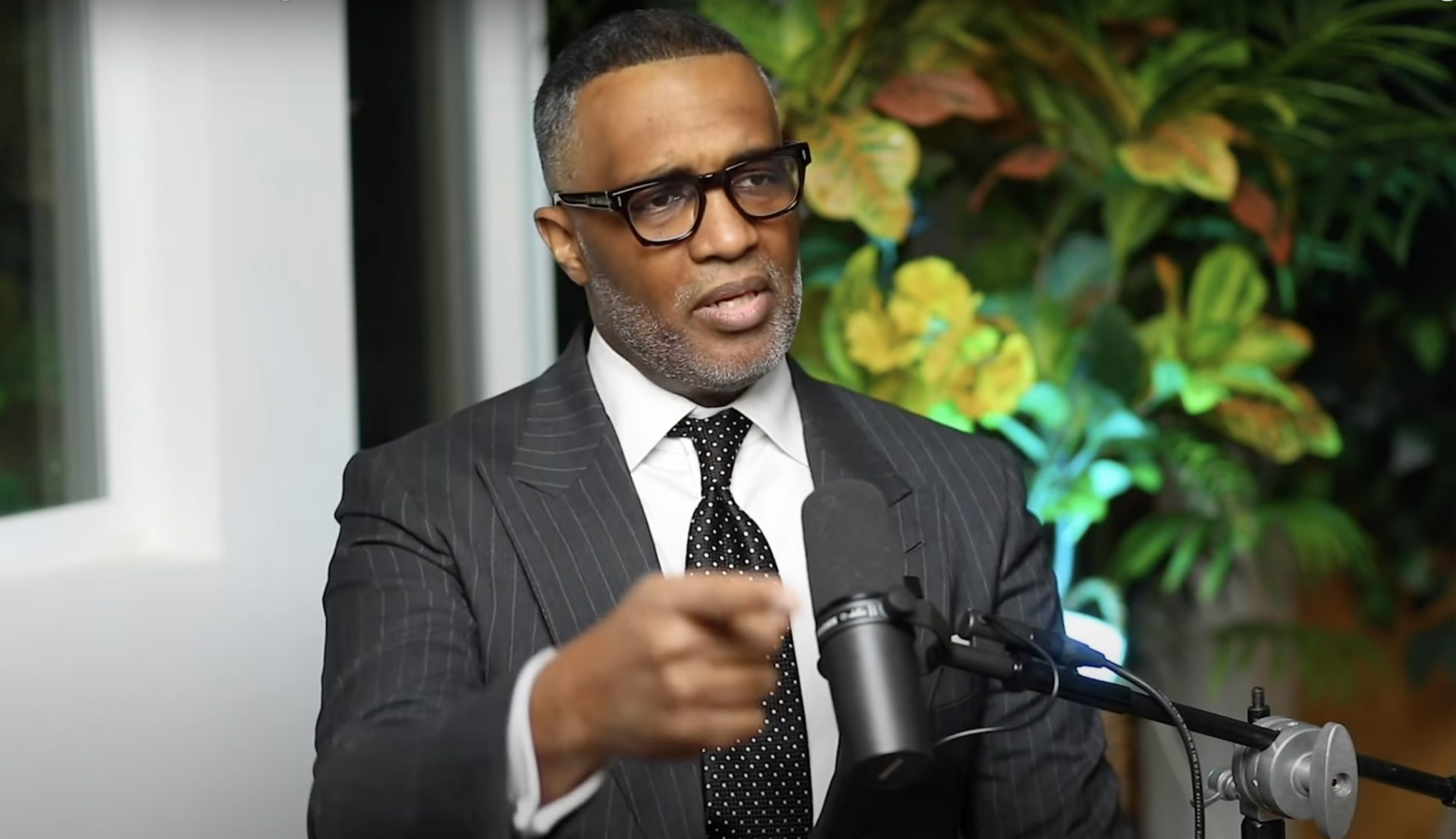Is Romance even possible?
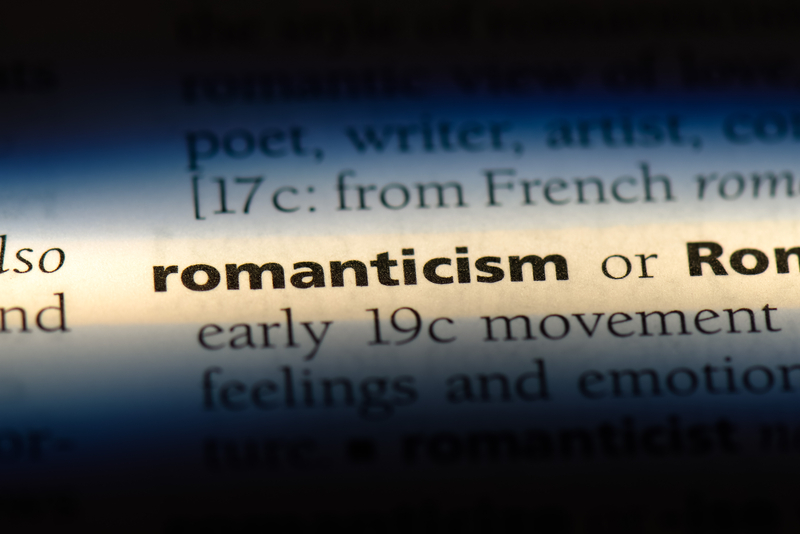
Have we killed Romance? If you talk to women and men—there is a shared, separately concluded consensus that there is little Romance left in the world. And it shows no sign of returning.
What happened?
To get to the bottom of it, I thought it would be a good idea to consult a renowned Frenchman, Jean-Jacques Rousseau—the world’s leading expert on modern Romance.
Here is an edited transcript of our conversation.
The basic idea of Romanticism is to elevate the goodness of mankind by enlisting women into their own cause and the cause of civilization.
Guy: How are you Jean? It’s been a long time since we last had a meeting of minds. I was in graduate school, 25 years ago. Where does the time go?
Jean-Jacques: Not well, Guy, which I think is the reason behind this conversation. My life’s work has unraveled.
Romance is near death in your America. And the state of Romance in France, the country of its origin, is only marginally better and on the same trajectory to extinction.
Guy: Jean, for the sake of my readers, would you, could you, please, provide us a framing of what Romanticism means? No one has a better working handle on its meaning, physiology, and its private and public benefits than you.
Jean-Jacques: Merci, Guy. You are too kind. Of course.
The basic idea of Romanticism is to elevate the goodness of mankind—to rise above and direct modern society’s materialistic, rutting mindset that sees everything through the lens of exchange, power and physicality—by enlisting women into their own cause and the cause of civilization.
Guy: Is it fair to say that Romanticism is a form or flavor of feminism?
Jean-Jacques: Yes and no.
The Romanticism that I proposed is feminism made perfect. A humanism that benefits women and men, by elevating women above men by making them caretakers of civilization.
What goes by Feminism today, has lost its humanistic, ennobling moorings, which was the whole idea of Romanticism. It has become detached for men, oppositional to the idea and reality of men, and in doing so detaches men from women, family and society.
And, I would add, the consequence of doing so is not good for women, men, children or society. It marks the death of Romance.
Guy: Might we talk a little about your ideal Romantic power couple, Émile and Sophie—and how you convinced your generation of women to follow Sophie and her/your enterprise to created an Émile deserving of her. It’s a master class in persuasion.
Jean-Jacques: Again, Guy you are too kind.
Guy: My purpose of bringing this up is not to be kind. I re-read Émile, your paper on Émile and Sophie, and I was struck by a number of things that sadly I did not see the first time. Most notably, that Romance has its seasons. It comes and goes—and comes back again. Your success, which was long-running—and is still not extinguished—proves that.
Jean-Jacques: That is correct. All that is required for a rebirth of Romance is for women to understand its requirements, and embody and project its virtue, then reap the benefits.
Guy: My daughter was raised according to your program. I saw myself in your account of Sophie’s father. My daughter also found her approximation of a Telemachus—an Apache Helicopter pilot. Just last week, he asked for and received my blessing.
Jean-Jacques: I’m am happy for all of you. She and he, their future children, and your family
But you surely know that your Sophie and soon-to-be son-in-law, Émile are cultural outliers.
Guy: But wasn’t that the case when you originally took this idea public?
Jean-Jacques: Yes. And I want you to know, that you are stirring in me some hope that we are not at the end of Romance.
Guy, my project—and those before mine—had certain predicates that I fear have been lost, or at least are too weak for a rebirth of Romance.
The men and women of my day were different, and the cultural stage that I played on—to much success—was different.
Back in my day, guys had to work for and compete for a woman’s attention. And the decision about whom she loves and marries was not a women’s alone to make.
The sexes were kept separated and watched over. And when they came into contact, their interactions were regulated by family, religion, and when those lines of defense were breached, by unintended but natural consequences.
Back in my day, imaginations of both sexes were active, because their bodies were regulated. That societal framing, which sadly, I took for granted because it had always existed, is all but gone, consciously deconstructed.
Most importantly, I don’t think a return to Romance is possible without women leading it—and I don’t see that happening under present conditions.
Romance is not an Émile/Male driven enterprise. It’s a Sophie/Female driven enterprise. We have lost our Sophie, and without her the future of Romance I fear is lost.
You are correct that there was a logic, a method to enlisting of Sophie. The case I made for picking up and championing the ideal of female virtue was liberating and empowering—it appealed primarily to her and society’s interests. Her stand-out virtue, which was the spur Émile used to urge men to become better and provide better.
Back in my day, that was a pretty easy sale to make, and while the powers that be of my day didn’t like some of my reforms, it was hard not to see that I was serving the cause of humanity and civilization.
The Sophie of today has found something surer, and less difficult than that of the illusional and functional reality of virtue: Power.
Your American femme fatale of Yellowstone, Beth Dutton, is the new Sophie, and her Man, Rip, the new Émile. Beth captured perfectly what stands in the way of Romance, when she coldly empowered her sister in a contest with a different mister—“you have all the pussy and half money.” This is not the clime or soil for a return to Romance.
Guy, find a plausible path around these challenges. The Romantic in me wants to hear them and help you.
To reach Guy Shepherd contact: [email protected]
For media enquires contact: [email protected]
More From Guy Shepherd




